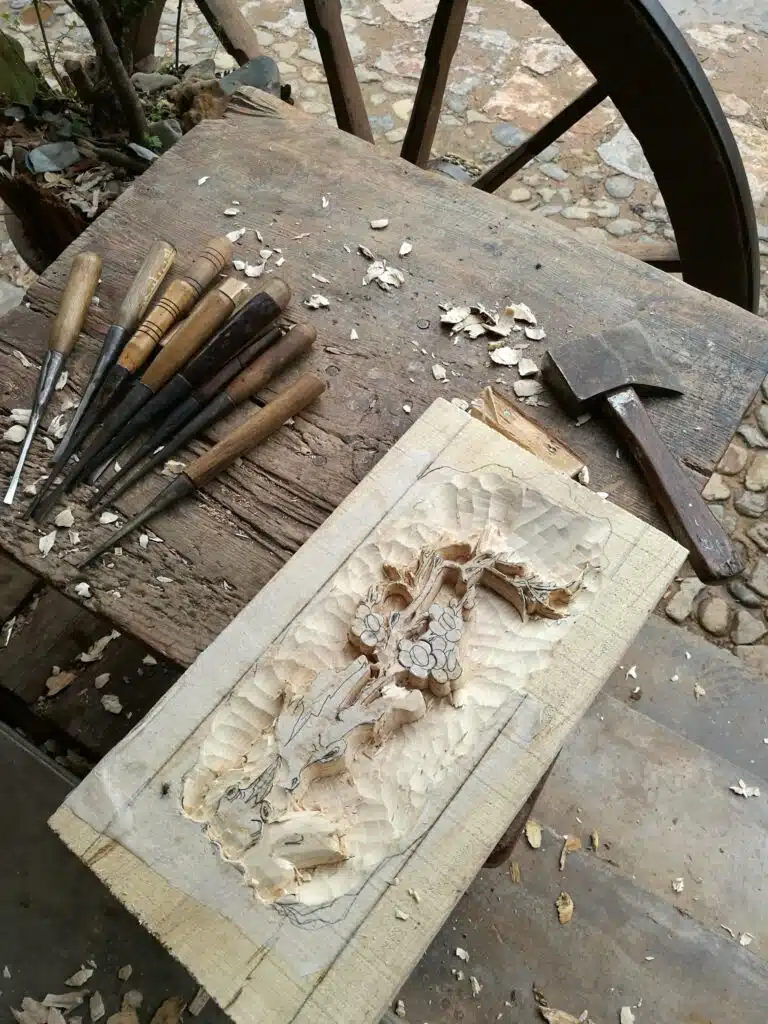This is How I Die
“Well, this is it, I thought to myself at 2am on my first night in Shabrang. This is how I die. I had tiptoed out of my host family’s house to use the bathroom across their courtyard, and the only thing I could see in the pitch blackness of the Qinghai night were twenty monstrous, glowing green eyes reflected in the beam of my headlamp. My family’s flock of yaks was in for the night and was blocking my path. I sized up the situation, my breathing quickening as my pupils dilated enough for me to see their horns. I was about to meet my maker by being gored to death while simply trying to use the bathroom.
Of course, I didn’t perish in such an unfortunate way only three weeks into this trip to China, and I can now recount this experience and my panic with laughter. The same can be said for my entire experience here in Shabrang. I couldn’t shower for five days? I would have to try to communicate with a family I shared no language with? I would have to hike up Tibetan cliffs every day with my host sister to herd her sheep??? As our van drove over the half-finished road from Rebgong to the small village that would be the home for our first homestay, I prepared myself for pain, misery, and lots of stomach-churning yak meat.
Similar to my late-night trip to the bathroom, however, this unfamiliar experience did not hurt as I thought it would. In fact, this homestay has been one of the most singular and unique and wonderful things I’ve ever participated in. My family consists of a grandmother, grandfather, mother, and two children, a girl, age 14, and a boy, age 8. I may not be able to remember their extensive Amdo names or speak to most of them at all, but they have welcomed me into their family with as much warmth as though I were an honored diplomat or a long lost cousin. Very quickly, they discovered my passion for fantastic yogurt and forced bowls of rich shoo, or yak yogurt covered with sugar, into my hands so I could devour the most rich, thick, and incomparable liquid. They generally appear to be trying to fatten me up through the helpings of meat, insisting “Soo, soo, soo!!!” until I forcibly remove my plate from the room. They offer me the only seat at the table and sit on the floor, and protest endlessly when I try to help do the dishes, sweep, or cook (which I do anyway).
Perhaps they feel sorry for me and my seeming ignorance about EVERYTHING. My grandmother laughs as I attempt to wash my hair in a small bucket of water and takes over cleaning my scalp with as much strength and skill as an American barber before a haircut. As I stare helplessly at a leg of mutton on a massive leg-bone, my younger sister giggles as she takes a knife and cuts off pieces of the meat for me, bite by bite, as a mother would do for her toddler. I catch them looking at me with concern as I put my arms up uncertainly to block the escape route of a young sheep, and immediately feel shamed by my inability to contribute as much as I could.
I accompany my host sister in her errand of collecting the baby yaks at the end of the day, climbing up like a mountain goat into the mountains behind the small village and continuously being awed by the nearly extraterrestrial landscape. I just finished reading a novelization of an old-testament story (The Red Tent), and can imagine the nomadic characters in the tale living here, in the square mud-houses in the valley, herding their own sheep in the grassy hills which can truly only be described as Tibetan. It’s a strange mix of a lush green and California-desert-tan world here, tucked away from the noise and distractions of the larger world.
Four days into this adventure, I still tiptoe around the precariously pointed horns of the yaks. I still feel uncertain as I watch my entire family clean the house while I sit still. But I don’t yearn for a shower. I look forward to the pantomiming what I want with my host family. I relish every hike into the hills to herd at sunset. Leaving this village will feel as strange as it once felt to enter it.”
Sarah
China Semester Student



































